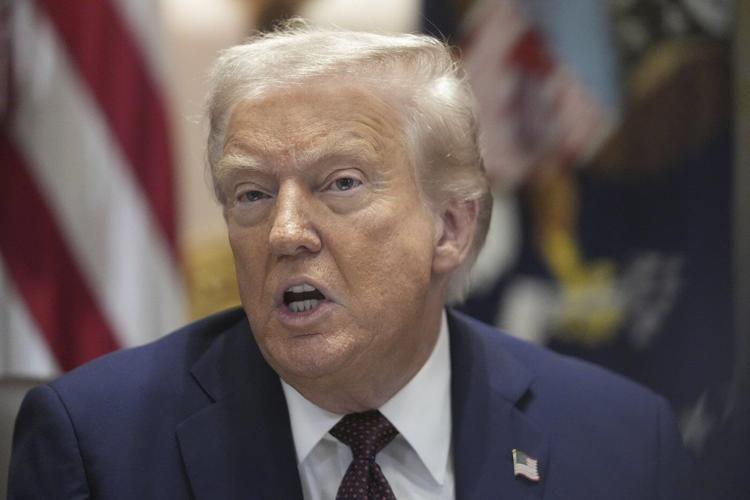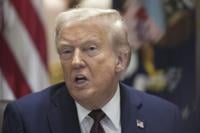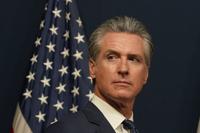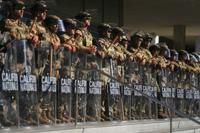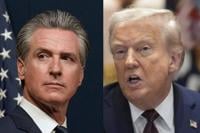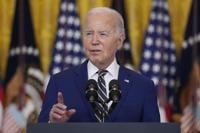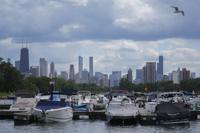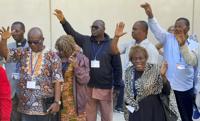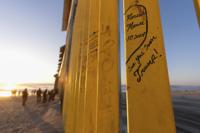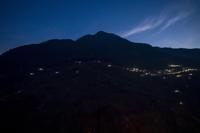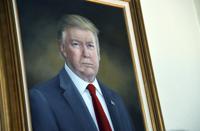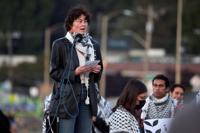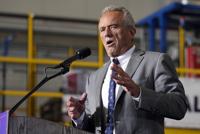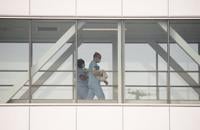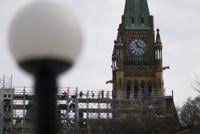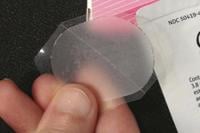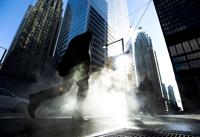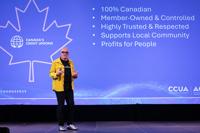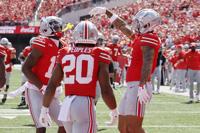SAN FRANCISCO (AP) — President Donald Trump's administration “willfully” violated federal law by sending National Guard troops to the Los Angeles area in early June after immigration raids prompted days of protests, a federal judge ruled on Tuesday.
In a scathing ruling, U.S. District Judge Charles Breyer in San Francisco noted Trump and Defense Secretary Pete Hegseth have stated their intention to deploy National Guard troops to other cities across the country, including Oakland and San Francisco, and that raises concerns they are “creating a national police force with the President as its chief.”
Breyer did not require the 300 remaining troops to be withdrawn but pointed out they received improper training and ordered Trump's Republican administration to stop using them “to execute the laws.” He set the order to go into effect Sept. 12.
The White House indicated the government plans to appeal.
“Once again, a rogue judge is trying to usurp the authority of the Commander-in-Chief to protect American cities from violence and destruction," White House spokeswoman Anna Kelly said in a statement.
It was unclear if the order, which applies only to California, could set a precedent that could impact plans by Trump, who has discussed like Chicago, Baltimore and New York. Trump has already deployed the guard as part of his unprecedented law enforcement takeover targeting crime, immigration and in Washington, where he has direct legal control over the District of Columbia National Guard.
Judge says administration is ‘willfully’ violating the law
Breyer’s ruling accused the Trump administration of “willfully” violating the law, saying it used troops for functions that were barred by their own training materials, refused to “meaningfully coordinate with state and local officials” and “‘coached’” federal law enforcement agencies on the language to use when requesting assistance.
“These actions demonstrate that Defendants knew that they were ordering troops to execute domestic law beyond their usual authority,” he wrote. “The evidence at trial established that Defendants systematically used armed soldiers (whose identity was often obscured by protective armor) and military vehicles to set up protective perimeters and traffic blockades, engage in crowd control, and otherwise demonstrate a military presence in and around Los Angeles.”
He ordered the federal government to stop using the troops “to execute the laws, including but not limited to engaging in arrests, apprehensions, searches, seizures, security patrols, traffic control, crowd control, riot control, evidence collection, interrogation, or acting as informants.”
Ruling follows California lawsuit
The order comes after , saying the troops sent to Los Angeles over the summer were violating a law that prohibits military enforcement of domestic laws. Lawyers for the Trump administration have argued the Posse Comitatus Act doesn’t apply because the troops were protecting federal officers, not enforcing laws. They say the troops were mobilized under an authority that allows the president to deploy them.
The troops arrived in the Los Angeles area after thousands of protesters took to the streets in response to Trump’s , blocking off a major freeway and setting self-driving cars on fire as law enforcement used tear gas, rubber bullets and flash bangs to control the crowd.
The deployment appeared to be the first time in decades that a state’s national guard was activated without a request from its governor, a significant escalation against those who have sought to hinder .
Democratic Gov. Gavin Newsom said in a statement the court sided with democracy. “No president is a king — not even Trump — and no president can trample a state’s power to protect its people," he said.
Trump federalized members of the California National Guard under a law that allows the president to call the guard into federal service when the country “is invaded,” when “there is a rebellion or danger of a rebellion against the authority of the Government,” or when the president is otherwise unable “to execute the laws of the United States.”
Trump administration has talked of more deployments
Trump has pushed the bounds of typical military activity on domestic soil, including through the creation of along the U.S.-Mexico border.
Department of Homeland Security Secretary Kristi Noem on Sunday said that the Trump administration will soon expand immigration operations in Chicago, where Trump has said troops may be needed to address crime, and that it was a Trump's “prerogative” whether to deploy National Guard troops there as he did in Los Angeles.
“I do know that LA wouldn’t be standing today if President Trump hadn’t taken action,” Noem said. “That city would have burned if left to devices of the mayor and governor of that state.”
Democratic Illinois Gov. JB Pritzker and Chicago Mayor Brandon Johnson have pushed back against the expected federal mobilization, saying crime has fallen in Chicago. They are planning to sue if Trump moves forward with the plan.
Troops joined federal law enforcement in Southern California
Roughly 4,000 National Guard soldiers and 700 Marines were deployed to Los Angeles in early June to deal with protests and joined dozens of federal law enforcement operations. All were pulled back by the end of July except about 300 National Guard troops.
In Los Angeles, National Guard members joined an operation at in downtown Los Angeles intended as a show of force against. They also accompanied federal immigration officers on raids at in Ventura County, Army Maj. Gen. Scott Sherman testified.
Sherman, who initially commanded the troops deployed to Los Angeles, testified during the second day of the trial that he raised concerns the deployment could violate the Posse Comitatus Act.
He said soldiers were given materials that included a list of activities prohibited by the act, including doing security patrols and conducting traffic control, crowd control and riot control.
Sherman said that while the law prohibits troops from carrying out those actions, he was told by his superiors that there was a “constitutional exception” that permitted such activities when the troops are protecting federal property or personnel.
___
This story has been corrected to show the judge's order goes into effect Sept. 12 and that he is in San Francisco, not Washington.
___
Associated Press writers Lindsay Whitehurst in Washington, Sudhin Thanawala in Atlanta and Mike Catalini in Trenton, N.J., contributed to this story.

